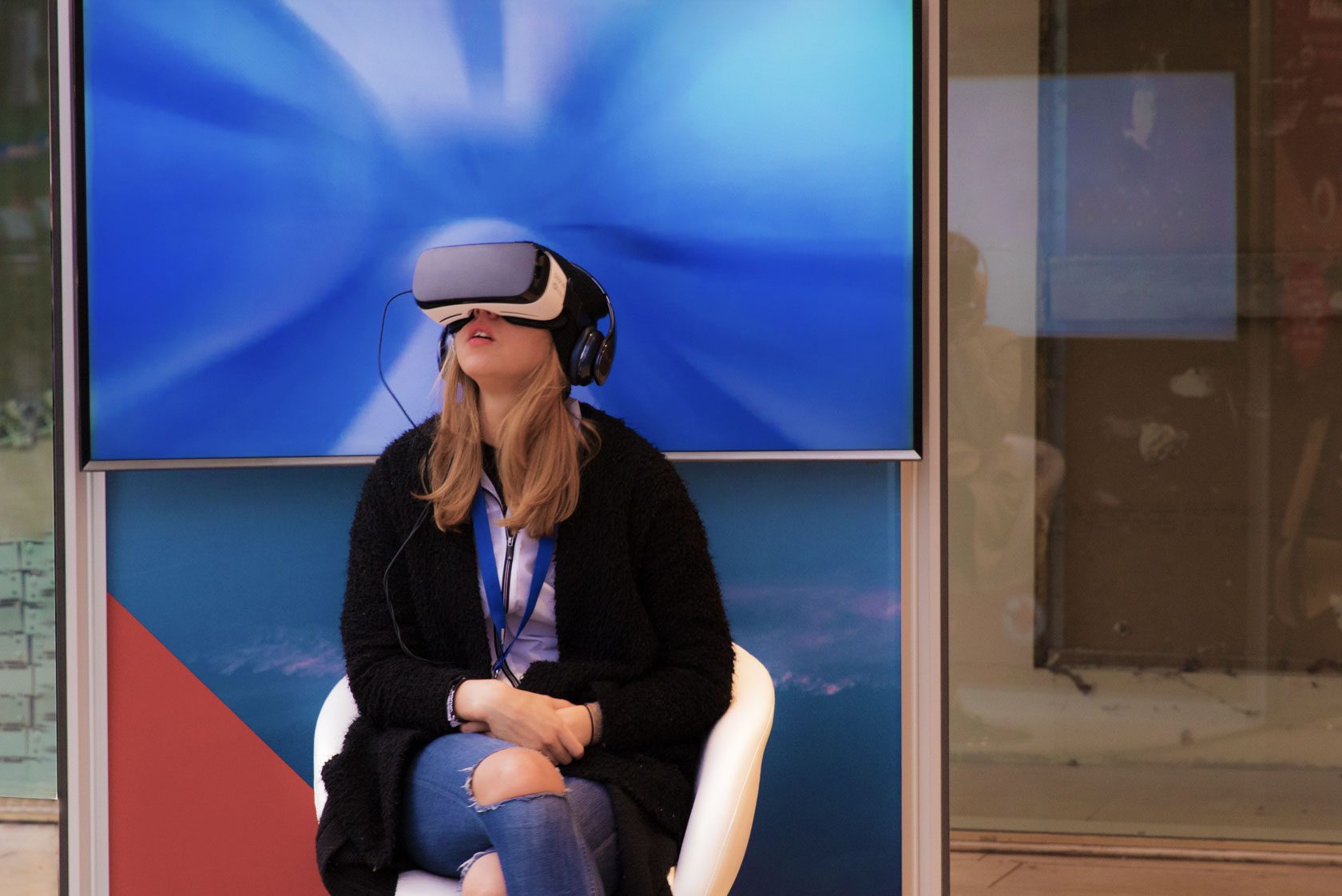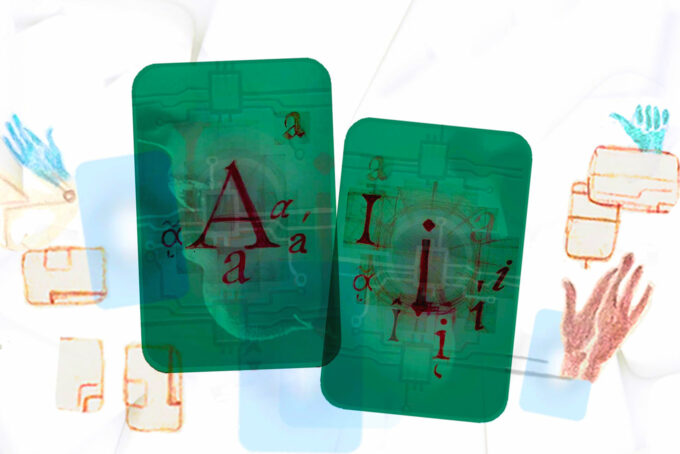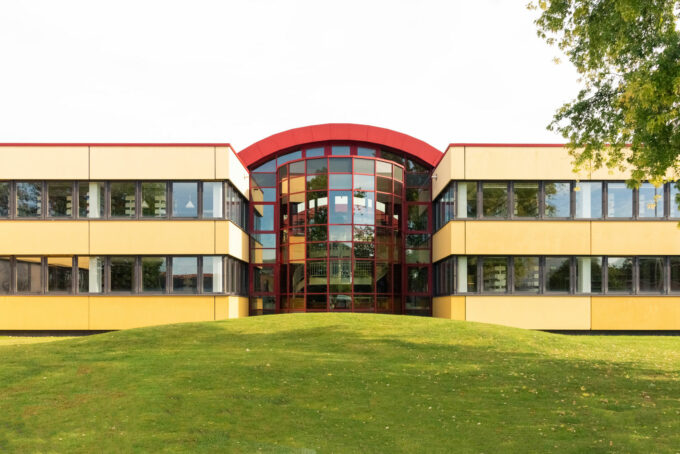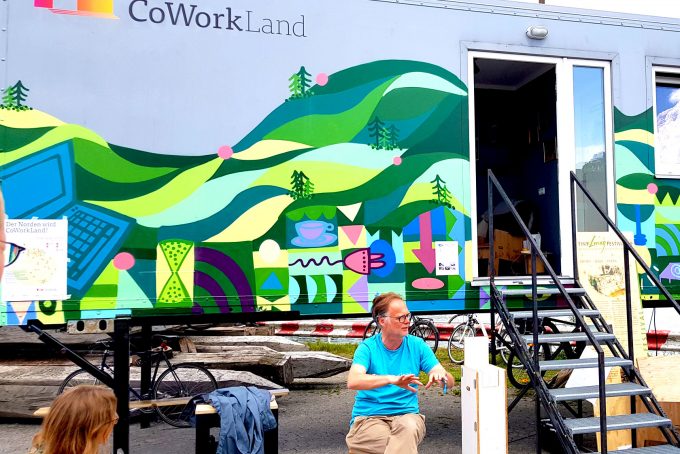
Google Conquers Education and Brings Augmented Reality Into the Classroom
Google is working on many levels to firmly establish itself in the education sector, starting with primary education. Its latest coup: Expanding Google Expeditions to include augmented reality.
Google’s wide range of activities in the education sector includes free or premium apps and hardware, learning environments and virtual reality. Google announced opening its Classroom services, which now allows everyone to offer courses, even outside of traditional educational institutions, only weeks ago. Now comes the announcement that Google Expeditions is being expanded to include augmented reality.
Google Expeditions – virtual reality school trips enrich the learning experience
Google started Expeditions based on virtual reality back in 2015. Two million participants have already taken virtual school trips as part of lessons to famous buildings and places around the world.
The service is now also being offered at some German schools (as seen in Bremerhaven – link in German) and is set to expand further.
With Google Expeditions, the teacher has access to background information on their own end device to help guide the learning experience. They see what direction the pupils are facing and can draw their attention to a particular aspect. Thus, an array of learning settings can be built up which offers possibilities going far beyond looking at pictures in a book. Students can step directly into an unknown world and retain lesson content more easily.
Furthermore, it has a great deal of untapped potential, when you think that in the future, for example, it could be possible for every teacher to create their own virtual reality content and make this available for others as open educational resources.
Rethinking education – Google leads the charge
Google is working to rethink education and make learning experiences accessible to more pupils. Virtual reality makes it possible to offer learning experiences at a lower cost, in comparison to a trip by bus – or can even make them possible in the first place.
This makes activities such as going to the museum or theatre accessible to more students than ever. It is also hoped that virtual reality services will increase the pupils’ level of involvement.
In mid-May, Google presented Expeditions AR, which was created using Tango technology as a basis. The use of augmented reality in Google Expeditions will be tested at pilot schools from autumn 2017.
This helps further immerse students and makes learning tangible, bringing the teaching materials to life showing, for example, DNA strands, hurricanes and volcanic eruptions in 3D and from a wide variety of perspectives.
Major presence in education sector attracts criticism
Google’s major activities in the area of education, including free apps and cheap laptops, particularly in the USA, have also been the focus of criticism, according to The New York Times. Some have suggested that these raise a generation of loyal Google customers as early as primary school and also give rise to data protection concerns.
However, there have clearly hitherto not been enough public initiatives, so Google has moved into this unclaimed territory.
This poses a number of questions: Will augmented reality and virtual reality also make it into university lectures in future? How will content production develop? Will publishers increasingly provide augmented and virtual reality content to complement or replace traditional textbooks? Will open educational resources play an important role? Which role will libraries play in offering and accessing augmented and virtual reality content? And what’s more: will Google set the tone?
Or: How will Apple act after recently announcing its goal at its yearly developer conference to make the iPhone the largest augmented reality platform?
ARKit pic.twitter.com/jzCZBFC1ZN
— James Titcomb (@jamestitcomb) 5. Juni 2017
Additional information:
- How Google took over the classroom
- 8 Tips for a Google Expeditions pilot
- The latest on VR and AR at Google I/O
- Virtual reality in the classroom
- What VR developers need to know when creating educational apps
- Google Expedition brings 3D objects to classrooms
- Classroom FAQs
View Comments

GO FAIR – Ready for Take-Off
At the Competitiveness Council at the end of May, Germany and the Netherlands made...



